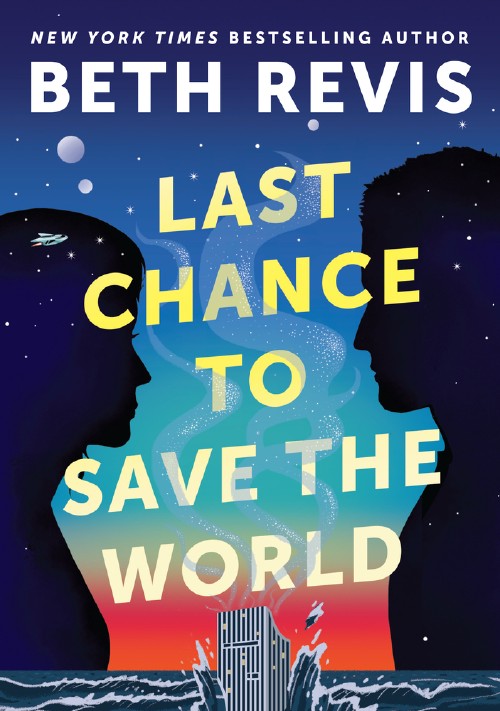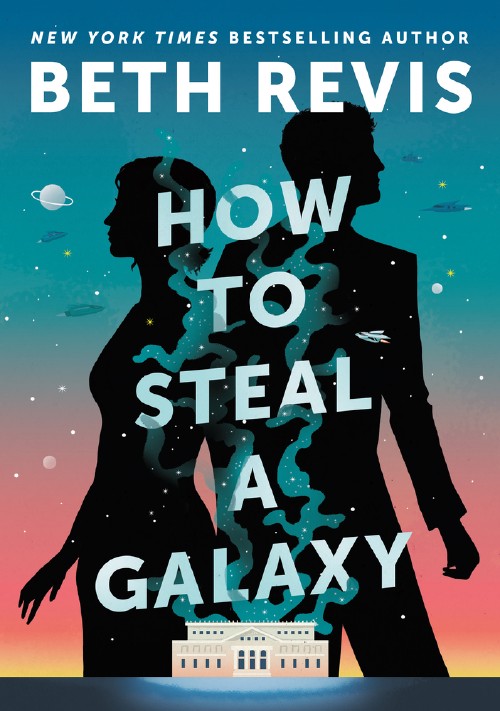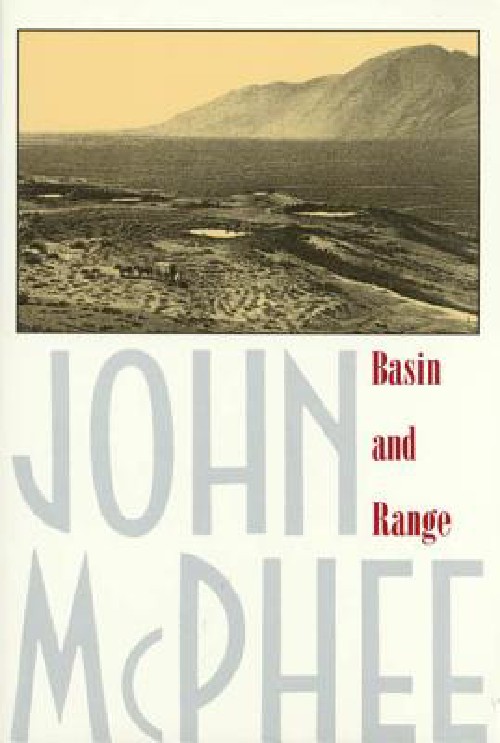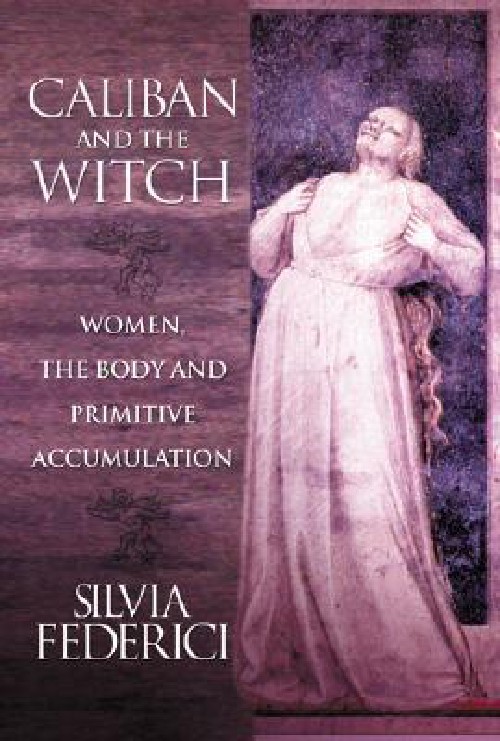In 2016 I read about 4 books in the entirety of the year. Maybe a few more, but not many. It was a banner year for not reading. Come to find out, I was at the tail end of a 2 year depression. It was a fight, but in 2017 I recovered my ability to focus on books (the original #longreads, amirite) and made it through quite a few. According to the notes I’ve kept, in 2017 I started to read 39 books and actually finished 24 of them. I am still reading a few of them too.
I have been a reader since I first learned to read at 4. I remember my mom making me a reading nook the summer between 2nd and 3rd grade and I would spend hours at a time in it, reading every book I checked out at the library. When I’d finished all the books I’d checked out, I’d read all the books my sister had checked out. For as long as I can remember, reading has been my favorite way of exploring the world. When I lost that mode of exploration, I felt diminished as a person. One of the best things about 2017 was regaining this ability and finding myself at home in the written word again.
Below are some books I’d love to highlight from my year of reading, since I was terrible about making posts here when I finished them. At the bottom of the page are all the books I finished this year, which wonderfully are all worth reading.
FAVORITE BOOK OF THE YEAR:
The Warmth of Other Suns by Isabel Wilkerson
This book is a masterpiece. I never wanted it to end, even though it is filled with horrors and indignities and struggles that black people have lived in the past century. I struggle to describe the book. I cannot do it justice. The book is two things at once: it is the oral history of 3 people who participated in the Black migration out of the south, and a history of the Jim Crow era as well as the mass migration that saw 6 million black Americans leave the south to migrate all over the US. The stories of the individuals are told with such tenderness and clarity but their stories are never used as symbols. Rather Wilkerson masterfully explores how their stories give us insight into the millions of stories of others; she is careful to add nuance as needed. The best description I’ve seen of the book is from the poet Clint Smith, who described it as turning “the great migration into a Tolstoy novel with black peope.” I cannot recommend this book enough.
BOOKS I HAVE REFERENCED THE MOST:
Twitter and Tear Gas by Zeynep Tufecki
Weapons of Math Destruction by Cathy O’Neil
I have a draft of an essay examining these two books with one other that may or may not see the light of day. But in the meantime, each of these books have come up in numerous conversations and I must recommend them with all enthusiasm. Tufecki’s book is an insightful examination of how social media has affected activism around the world; both for the good and the bad. She examines popular platforms to understand what aspects of political movement development is made easier by them and what aspects are made more difficult. The book will help you understand a lot of what has happened in the past few years, from the Arab Spring to the Women’s March movements this past year. As a bonus, Twitter and Tear Gas has some of the best design criticism of social media I’ve read in the past few years.
O’Neil’s book is a plain language examination of extremely technical concepts that does not talk down to the reader or pretend like her subjects are simpler than they are. O’Neil is a mathmetician with experience in the finance and tech industries and she uses her expertise to help readers understand what is being promised in these fields and how weak those promises are. Using numerous real-world examples and easy-to-follow prose, she gives everyone the tools necessary to critically examine the algorithms that define our lives, the companies that sell tools built on the algorithms, and the impacts of those tools in the real world. As algorithmically-driven software takes over the world, Weapons of Math Destruction is a critical text that reminds us math is not the same is magic, and we have language and tools for dissecting and criticising it.
Twitter and Tear Gas buy at Amazon buy at Powell’s
Weapons of Math Destruction buy at Amazon buy at Powell’s
MOST DEPRESSING READ:
Evicted by Matthew Desmond
Evicted was on so many lists in 2017 because it’s an incredible work. Desmond spent years living in the poorest neighborhoods of Milwaukee, interviewing and living life with the poorest people in the city. His book is a humane, delicate exploration of what he saw and experienced. To read this book is to see in detail the appalling system we have setup in America to fuck over the poorest people in our society; denying them any opportunity to have stability or build a life for themselves. Desmond explores the cycles of poverty that so many are stuck in and shows how the American concept of holding poor people responsible for their situtation is an exercise in willful ignorance. This book is a critical and depressing read that helped me understand the injustices embedded into our current systems.
BEST TECH CRITICISM:
Technically Wrong by Sara Wachtner-Boettcher
The Lathe of Heaven by Ursula le Guin
Technically Wrong is non-fiction and The Lathe of Heaven is fiction but these two books worked well together this year to give me a much clearer understanding the dangers in the world we’re building and the causes of those dangers. Wachter-Boettcher’s book focuses on the tech industry and it’s seemingly endless ability to create sexist, racist, ableist or otherwise horribly designed technology. She explores the causes, who is responsible for them, and helps us as users of technology to learn how to think critically about the tech we buy and use. Technically Wrong is wonderful because it reminds us that all-so-often, when we are frustrated at tech, it is not because of any fault of ours, but because the industry itself is myopic and lacking in empathy.
The Lathe of Heaven has no obvious overlap with Technically Wrong but the book, a science-fiction novel about a person whose dreams can change the world, is a clear warning of the ways we embrace technology before we fully understand it. It is in our nature, the novel reminds us, to embrace something because of positive possibilities without seeking to investigate potential collateral damage. We may – each book suggests – want to be a bit more patient as we build the future.
Technically Wrong buy at Amazon buy at Powell’s
The Lathe of Heaven buy at Amazon buy at Powell’s
BOOK THAT MOST REFRAMED MY THINKING ABOUT A SUBJECT:
Racecraft by Karen E. Fields and Barbara J. Fields
This was one of the first books I read in 2017 and I’m not sure I have finished digesting it yet. If, the authors ask, race is a construct and racism is the real-world consequences of believing that construct, what exactly is that belief? And how should we understand the continued belief in the construct; both by those who suffer from racism and those who require racism to make sense of their world? The authors of Racecraft argue we should understand this belief in race as an ideology, one that is best paralleled by the early-American belief in witchcraft. Ideologies are not based on rational arguments, but instead perpetuate through self-serving justifications that adapt to the current time and culture. That is why, they argue, despite the lack of scientific language for defining race in genetic or biological terms, scientists continue to use race as a factor for interpreting findings and data. This book exposes our ongoing beliefs in race as a lie we tell ourselves to justify the way the world works, rather than being something that helps us understand the world as it is.
I wish I could do a better job at describing this book, but the series of essays in it so reframed my understanding of the world and the ways we define categories of humans, that it may be years before I fully am able to soak in the arguments the book contains. I cannot recommend it enough.
Every book I finished in 2017:
Fiction
- A Handmaid’s Tale, Margaret Atwood
- Parable of the Sower, Octavia Butler
- The Last Daughter, Elena Ferrante
- The Lathe of Heaven, Ursula Le Guin
- The Peripheral, William Gibson
Non-Fiction
- The Empathy Exams, Leslie Jamison
- Networks of New York, Ingrid Burrington
- Hope in the Dark, Rebecca Solnit
- The Master Switch, Tim Wu
- A Disability History of the US, Kim Nielsen
- Racecraft, Karen E. Fields & Barbara J. Fields
- A Burglar’s Guide to the City, Geoff Manaugh
- Weapons of Math Destruction, Cathy O’Neil
- Twitter and Tear Gas, Zeynep Tufecki
- The Warmth of Other Suns, Isabel Wilkerson
- Evicted, Matthew Desmond
- Counting Descent, Clint Smith
- The Next American Revolution, Grace Lee Boggs
- The Struggle for Black Equality, Harvard Sitkoff
- Making Home, Sharon Astyk
- Men Explain Things to Me, Rebecca Solnit
- Technically Wrong, Sara Wachter-Boettcher
- The Genius of Birds, Jennifer Ackerman
- The Great Derangement, Amitav Ghosh
If you read any of these and want to strike up a discussion about them, reach out! My email and twitter are in the footer.



